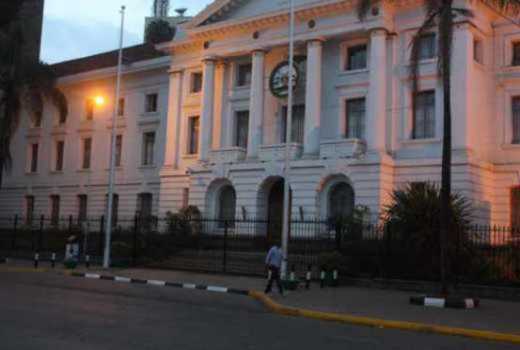×
The Standard e-Paper
Kenya’s Boldest Voice

NAIROBI, KENYA: The High Court has allowed Kenya Power to disconnect electricity in various county government institutions in its efforts to recover Sh732 million in unpaid bills.